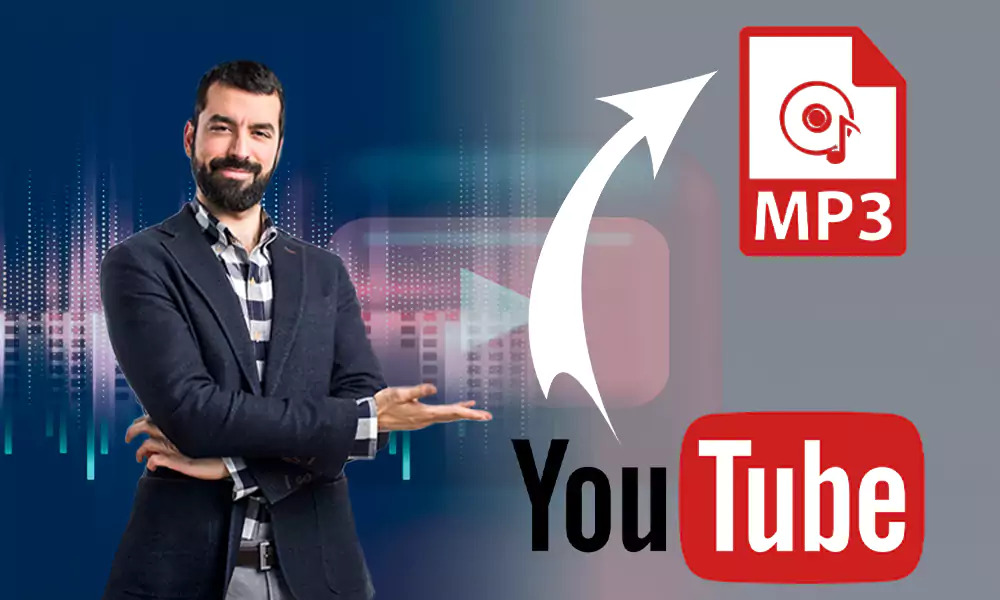The Role of Social Media in a Student’s Life

The digital age has seen an increase in Social Media use by people from different age groups. Social media gained popularity during the Quarantine period. Some people believe social media is a degrading tool for academics. Social media is here to stay. However, we should not be critical of its use. Instead of focusing on the negative aspects, let’s learn how to take advantage of the best parts and make the most of them.
Social media, like everything else, has its perks and drawbacks. It can be distracting for students in one area, but it is also an easy way to interact, learn, and solve problems.
One of the social media drawbacks is that it may cause a lack of time for studying. If you understand that it is impossible to meet your deadlines, choose the correct writing service which will provide you with high-quality papers.
Let’s now discuss social networking and how students can use social media to their advantage.
Why Does Social Media Play an Important Role?
Social media platforms play an important role in the lives and careers of people with diverse lifestyles, including exam aspirants for competitive examinations.
These are the key points to show why social media is so important for students:
Creative Exposure:
Students have realized the importance of developing their creativity and using them in their students’ lives over the last few years. Talented students had difficulty showcasing their talents to the outside world in the early years. Today, talented professionals can showcase their talents and get feedback on their skills to gain more opportunities. Consistently posting on social media will get you significant exposure and appreciation. This will make you an asset to your future.
Learning:
Social media has been a boon to students and young professionals, as it allows them to engage in multiple aspects of learning. YouTube, Instagram, Facebook, and Facebook are the best platforms for student learning. Facebook and Instagram allow students to share their knowledge and learn new things every day if they use them in the right manner. Students have many advantages to social media, including the ability to participate in group discussions.
Building a Network:
Since the pandemic, many students and young professionals understood the importance to build their networks on social media platforms like LinkedIn, Twitter, and Facebook. Students can also engage in contests and activities such as Sudoku, Hackathons, and Quizzes. These activities help students develop soft skills like communication, teamwork, and networking. They also build professionalism and confidence.
Job Opportunities:
Today, social media is the most popular platform for young professionals and freshers to find a job. This has replaced the traditional job search via newspaper or job portals. This shows the importance and role of social media for young people who are looking for a job after they have completed their degree. Many companies post job openings on their social media pages and participate in group discussions. Job seekers can then use these opportunities to apply for jobs that match their skills and interests. You can also highlight your skills in a portfolio. You can, for example, add your GIT hub profiles on your social media accounts if you are tech-oriented. This will increase your chances of getting opportunities that match your profile.
These benefits of social media for students are something every student should keep in mind when investing their time on social media platforms.
What Does Social Networking Mean for Learning?
Learning can be impacted by social networking in two ways depending on how students use the social media platforms. Particularly if you’re a competitive exam candidate, it is important that you use social media in a responsible way in your everyday life. If used correctly, social networking can prove to be a blessing in disguise. These are just a few of the many ways that social networking can positively impact learning in a student’s life.
Increases Student Engagement:
Students find it easy to use technology to study at school, college, or for competitive exams. They can use different formats like videos and text content to acquire sufficient knowledge about their subject or topic.
Collaboration learning:
Humans have an inborn desire to connect and collaborate on both online and offline platforms. Students can use social media to help them fulfill their desire and make the most of the platform. Social media can be a great tool for students. Students can use social media assets such as YouTube, Vine, and podcasts to collaborate and showcase their talents and final products to the world.
Promoting learning and teaching:
The education sector has seen rapid growth in recent years thanks to social media. Recent research has shown that students who are more familiar with the benefits of using social media to help them study and do better in exams than those who don’t. This is due to thoughtful peer feedback and social media group discussion. The goal of these discussions is to brainstorm ideas and plans and collaborate, which leads to better academic performance and personality development starting in high school.
These are some of the ways that social networking can impact learning in students’ lives.
The Importance of Social Media for Students
Social media is an integral part of every student’s daily life, as we have discussed. Social media has replaced brick-and-mortar education with online courses. This is where you will find all information about classes, doubt clearing sessions, as well as results. Students can also use it to connect with other students and share information.
Teachers are also using social media to communicate with students, educate them, and clarify their doubts. Social media has become a companion to students throughout their study phase.
Recent research has also strengthened the role social media plays for students through its many findings:
- Research shows that 64.4 percent of faculty use Facebook for personal purposes, while 33.8 percent use it to teach.
- The research also revealed that 41% of those under 35 reported using social media to teach, compared with 30% for those over 55.
- Faculty in the Humanities and Arts and Professions and Applied Sciences and the Social Sciences use social networking at a higher rate than those in Natural Sciences Mathematics and Computer Science.
- Facebook and LinkedIn are great for professional and social connections. However, blogs and wikis work best for teaching.
- No matter what discipline, 88 percent reported that they used online video to teach their students.
Social Media and Students
The above data clearly shows how important social media is for students. Let’s now discuss the importance of social media in student life.
Educational Benefits of Social Media
Simonson et.al. Simonson et al. (2000) found that online learning tools were more effective than traditional classroom learning (using books for learning). This is due to the availability of online materials, and 24-hour access to learning.
Social media is a reliable source of information. It is a great way for students and teachers to communicate. Students can also connect with other students around the globe and expand their horizons. Teachers can engage students through social media by offering different teaching methods.
Sharing Information is Easy
One does not need to call the other to share the information. Social media makes it easy to share any information. Students can also share useful information such as study materials, projects, and practice papers, as well as other exam details, with their classmates and fellow students.
There are also platforms on this social media that are specifically for students. They provide all information, including book lists, study material, videos of teachers, and class notes. This is a great way to prepare for competitive exams.
Online Classes
No longer are students required to leave their homes to study for exams. Online classes have become the norm in these times and all institutes are adapting to it.
Social media has made classrooms easily accessible to every student’s home without them having to travel far or spend a lot of money.
It Allows You to Gain More Knowledge
social media is free from borders boundaries. It allows students to connect with people all over the world and gain greater knowledge. Social media can be a great tool for students who are confused while studying.
Students used to have to wait for their teacher to clear their doubts. With social media, it is easy to search for the answers to all your questions.
Please Share Your Knowledge
Students can also share their knowledge on social media. Students who pass the exam use social media to share their preparation strategies, which are very useful for students who are studying for it.
Social media is a great way to share your talents and knowledge. However, it also serves as a guide for students who want to make a difference in their lives. Even the best admission essay writing services have their social media accounts with useful tips.
How to Shape Their Future
Students can now pursue many avenues through social media. Students can learn from their own talents and skills, rather than following the example of others.
Awareness
Social media can help you increase awareness of any exam, subject, or field. You can learn everything about it by doing one simple search.
Marshall McLuhan, a great philosopher of communication theory, stated that “The new electronic autonomy re-creates the world in the image of a global village.” This electronic freedom is intrinsically dependent on the Internet. Social media is a new media technology that has revolutionized education. It allows students to interact with each other and increases their knowledge.
But, just like everything else, social media isn’t always rosy. There are also negative aspects like bullying and addiction, as well as dark space and bullying. These fall under the disadvantages for students category. Parents and teachers need to be aware of the importance of monitoring students’ progress. These are some effective monitoring methods:
- It is important to ensure that only the most essential apps are used for education.
- Install an app to make sure you don’t spend too much time on social networks.
- When you’re reading books, be disciplined to not use social media. Instead, write down your doubts and highlight them in your journal. Once you’re done reading the topic, search for them.
- You can set a time for social networking, and you can use the rest of your books or hard copies.
- When you’re studying from your books, don’t keep your phone near you.
- Write down your daily goals and the topics you need to learn online. Only use social media for those topics.










